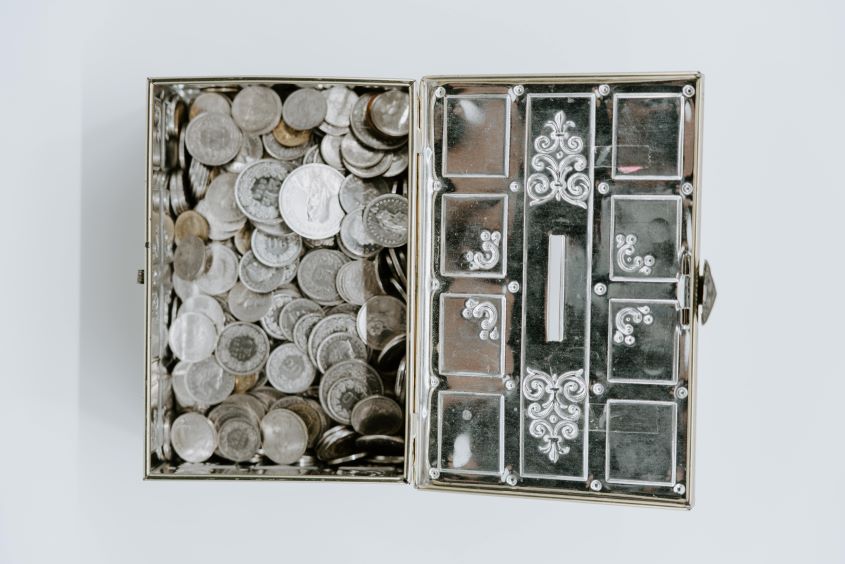
Why Petty Cash is Essential for Managing Small Business Expenses
When it comes to small business and sole trader bookkeeping, budgets can be tight and even small expenses can be a big blow to financial stability. This is why many businesses choose to have a petty cash system in the event of a surprise small expense. But what exactly is petty cash and how do businesses manage it? Find out more at Stonehouse Accountants.
What Is Petty Cash?
Petty cash is a small amount of money kept on hand for a business to use periodically on small, unplanned and one-off purchases. Usually stored in a locked box and kept in custody by the bookkeeper or a trusted employee, this money can be used for minor expenses such as stationery, office supplies or a birthday cake, to name a few examples. The effect of having a small petty cash fund is that businesses can handily keep on top of minor essential purchases without rocking the financial boat.
Types of Petty Cash
Though petty cash is used for a variety of purposes, it can be sorted into three categories: general, discretionary and emergency petty cash.
General Petty Cash
General petty cash is a fund of no more than £200 set aside for expenses that are outside the business’ usual overheads, such as the aforementioned office supplies or birthday cake.
Imprest Petty Cash
Imprest petty cash is a fixed amount of money used for small expenses that employees may need for business travel, for example.
Discretionary Petty Cash
Discretionary petty cash is used only with the approval of a manager or team leader and covers items and services that keep up staff morale.
Emergency Petty Cash
Emergency petty cash is reserved only in case of sudden faults in the business, such as broken office equipment or damage taken to the premises.
How to Manage Petty Cash
You may be thinking, where does the money come from for a petty cash fund? The fund is created by writing a check or withdrawing the money from a business bank account. Whenever it is used, the bookkeeper or trusted employee in the custody of the cash records the transaction. They will also replenish the petty cash whenever the expenses reach a certain threshold. By counting up the expenses and remaining cash, they should reach the starting amount and have verified all petty cash purchases.
Seek Professional Small Business Bookkeeping and Accounting Services
Petty cash is not everything a bookkeeper keeps track of, and your business may suffer if you don’t have the right expertise to handle that. Why not go with one of the most knowledgeable and reliable sole trader bookkeeping and accounting firms in Peterborough, Stonehouse Accountants? As one of the leading accounting services for sole traders and small businesses in the area, we have the expertise and knowledge to help you navigate your financial records and ensure everything is kept in order.
Our team of top-quality bookkeepers will take care of all your necessary record-keeping, leaving you free to focus on running your business. With our help, you can be confident that you’ll be fully prepared for the end of the tax year without having to worry about a thing.
Whether you’re a growing business or new to accounting services, we’re here to help. Contact us today to learn more about our services and how we can help you achieve your financial goals.
